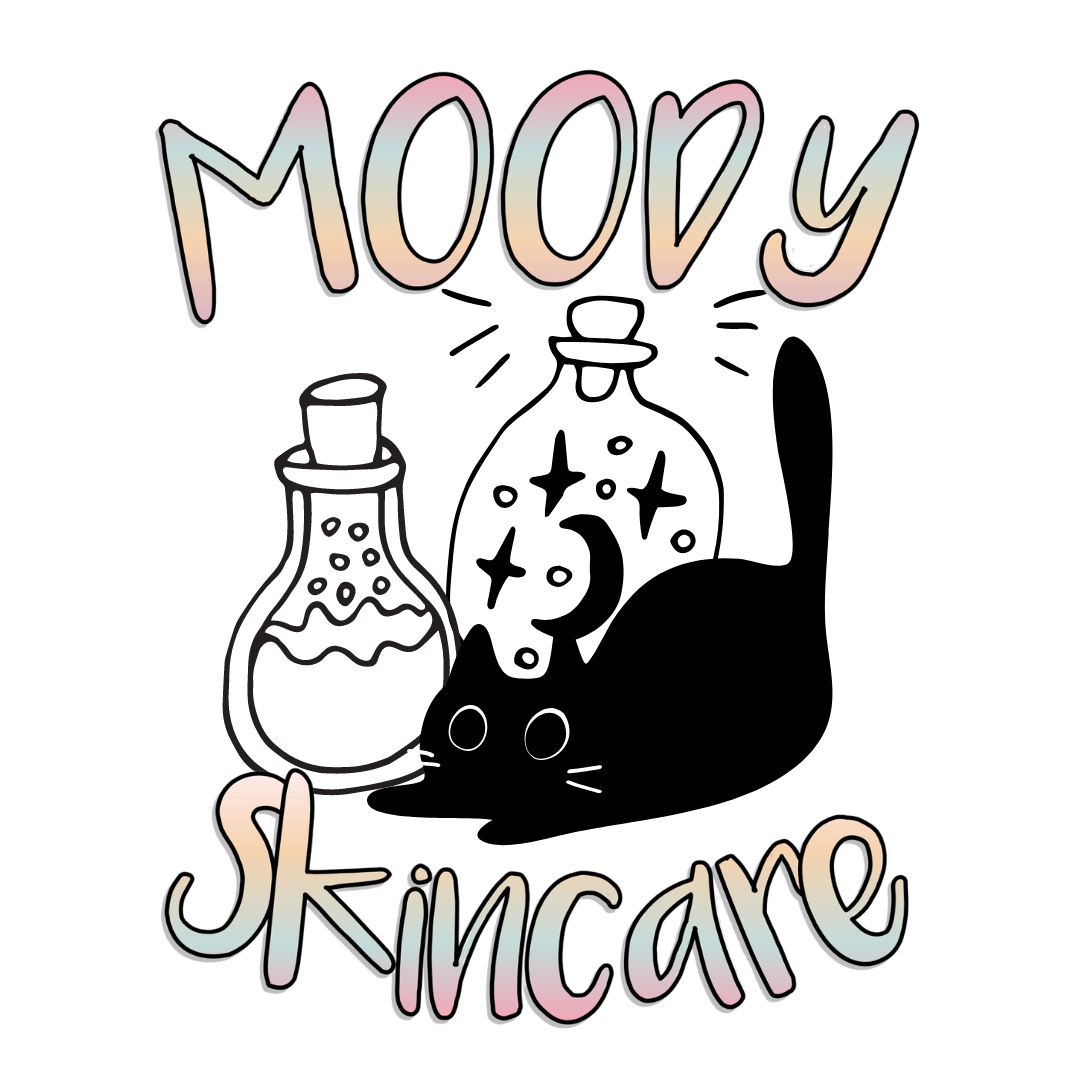What are Sulfates?
What are Sulfates & Why Should You Avoid Them?
We’ve all heard about ingredients we should avoid when it comes to our hair and skin care. Beware of parabens! Look out for aluminum! In particular, we often hear that we should steer clear of sulfates. Browse any beauty aisle, and you’re sure to see items labeled as “sulfate free.” But what are sulfates exactly? And more importantly, what makes them so sinister? We’re about to take a deeper dive and find out!
What are sulfates?
Simply put, sulfates are surfactants or detergents commonly found in products you likely use everyday. Their primary purpose is to cleanse away dirt and oil, while producing a luscious lather that gives the illusion of being nourishing. Crafted from petroleum or ingredients like coconut oil or palm oil, sulfates attract oil to lift impurities from the skin, scalp, or mouth.
Skim the ingredient list of our shampoo, body wash, shaving gel, facial cleanser, laundry soap, or even your toothpaste, and you’re almost certain to see some type of sulfate. Sulfates are certainly effective at cleansing the hair and skin of impurities, and creating those signature suds that we expect from our personal care products. However, despite their effectiveness, the chemicals in sulfates can actually sabotage your skin and hair care routine.
There are several variations of sulfates, but the two you’ll likely see listed most often are sodium lauryl sulfate and sodium laureth sulfate, sometimes denoted as SLS or SLES. Just these two ingredients alone can be listed under 150 different pseudonyms, so spotting them isn’t exactly easy. But, to make things a bit simpler, we’ve compiled a list below of some of the most common sulfates that can be found in just about any self-care product on the shelf.
List of common sulfates
Sodium Lauroyl Isoethionate
Sodium Lauroyl Taurate
Sodium Cocoyl Isoethionate
Sodium Lauroyl Methyl Isoethionate
Sodium Lauroyl Sarcosinate
Disodium Laureth Sulfosuccinate
Are sulfates bad?
When used for a prolonged period, sulfates can cause unwanted effects including dryness, redness, and in more severe cases, allergic reactions. They can clog your pores, and can actually exacerbate whatever issue you’re trying to counteract. There’s some speculation as to whether sulfates can cause more serious health issues, though studies have yet to prove these theories.
Why we avoid sulfates
Sulfates in skin care
Sticking to a skin care routine isn’t as straightforward as it sounds. Not only is consistency key, but so is having the proper lineup of products. As we mentioned before, sulfates are excellent at removing dirt and oil, but to your misfortune, they often over deliver. In other words, they can end up being overly drying, leaving your skin thirsty for some moisture. As you’re probably aware, dry skin can develop into a slew of other skin issues, including redness, itching, and peeling.
Sulfates are also known to cause irritation to the eyes when it comes too close in contact. And because sulfates are also commonly found in cosmetics, this issue is more common than one might think.
Sulfates in hair care
In the case of shampoos and conditioners, sulfates are not known to be color-friendly. So, if you’re one to spend hundreds of dollars getting your hair done, using sulfates could end up costing you even more in the long run. Dry haired darlings should avoid sulfates at all costs, as they’re proven to strip your hair of it’s natural oils, depriving it of moisture and causing brittleness and breakage. In more extreme cases, the use of sulfates can cause severe scalp irritation, and may even result in hair loss long term.
Sulfates in other everyday products
Sulfates that are found in laundry detergents and body washes can aggravate existing skin concerns, as well as cause new irritation. If you suffer from eczema, psoriasis, or other common skin care issues, sulfates can intensify your discomfort.
Even your toothpaste likely contains some form of sulfates. And although we may enjoy the foaming sensation they create, sulfates may actually worsen your bad breath, and can cause canker sores inside the mouth.
Why we like sulfates and use SLSa instead
Seeing as sulfates are one of the most commonly used ingredients in nearly every household item on the shelf, how is one to choose their products wisely? Lucky for you, the experts at Moody Sisters have curated a lineup of luxurious products that are naturally derived and nutrient rich!
When good suds and cleaning action is needed we use Sodium Lauryl Sulfoacetate. SLSa’s molecular size of the surfactant is large, and therefore it does not penetrate the skin. It is derived from coconut and palm oils and is safe, skin friendly cleanser that provides a rich quality lather.
From deodorant, to hair care, and even feminine products to keep you feeling fresh - Moody Sisters has everything you need to stock your bathroom cabinet.













